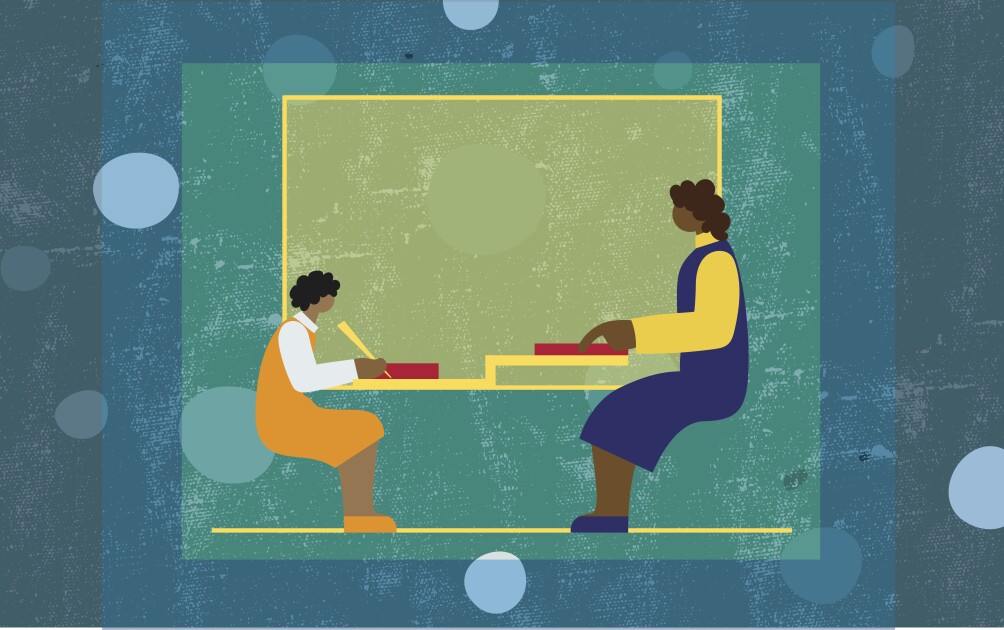There’s been a quieter, parallel pandemic happening alongside COVID-19: a spike in significant mental health problems among young people, spurred by isolation, uncertainty, fear, and grief.
Mental health emergency visits among children are on the rise. Between March and October of 2020, they increased 24 percent for children ages 5 to 11, and 31 percent for kids ages 12-17. There was also a more than 50 percent spike in visits for suspected suicide attempts among girls ages 12 to 17 in early 2021, compared to the same period in 2019.
That boils down to a “mental health state of emergency” for children and adolescents, according to an Oct. 19 statement from three organizations that represent child health-practitioners: the American Academy of Pediatrics, the American Academy of Child and Adolescent Psychiatry, and the Children’s Hospital Association.
“We really have been raising the alarm about this throughout the pandemic and for many years before as we’ve been seeing increasing rates of mental health concerns in children and adolescents,” said Dr. Lee Savio Beers, the president of the American Academy of Pediatrics and a professor of pediatrics at the Children’s National Hospital. “Part of the reason why we came together now is that we’re continuing to see real increases in mental health concerns, and tremendous increases in visits to pediatricians’ offices, [as well as] in child and adolescent psychiatry offices and in hospital emergency departments. And at the same time, we’re not seeing good movement around increasing the access to the services that students need.”
The health-care organizations are calling on policymakers to take steps including increasing federal funding for mental health services, bolstering access to telemedicine, supporting school-based mental health care, stepping up integration of mental health in primary care pediatrics, and intensifying efforts to reduce the risk of suicide in children and adults.
State policymakers have already taken modest steps toward addressing the crisis, with respect to the spike in teen suicide attempts.
For instance, in 2020 and 2021, at least nine states passed legislation requiring suicide hotline numbers to appear on student identification cards for K-12 and in some cases, college, including Arkansas, Arizona, Illinois, Kentucky, Michigan, South Carolina, Texas, Washington, and Wisconsin, according to an analysis by the Education Commission of the States. Some of those measures also call for the information to be included on school district websites.
What’s more, at least three states approved broader pieces of legislation aimed at teen mental health and suicide prevention, ECS found. For instance, Arizona approved a measure calling for social workers and school counselors to receive training in suicide awareness and prevention. Washington passed legislation approving a grant program to support suicide prevention. Wisconsin also approved grants for peer-to-peer suicide prevention programs in high schools.
“I think the conversations that are happening around student mental health have increased a little bit in this last year,” said Meghan McCann, a senior policy analyst at ECS. That could be because “we’re seeing more emphasis in some states around students as whole [people] who come into the classroom with various experiences,” including trauma at home.









